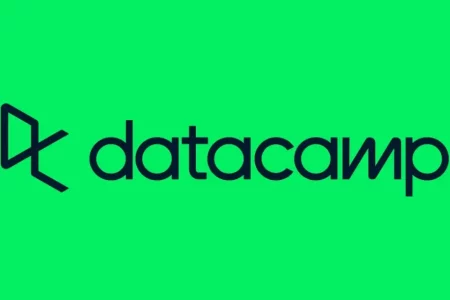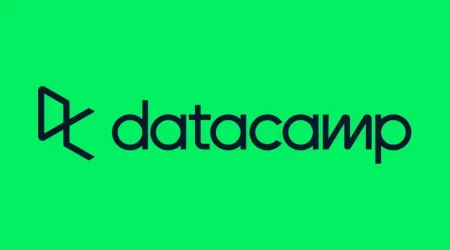SQL (Structured Query Language) is a programming language that is designed for managing and manipulating relational databases. It is one of the most commonly used languages for data analysis and management. DataCamp offers an SQL course that is tailored to teach learners how to write SQL queries and statements for managing and manipulating data in relational databases.
Advantages of taking a SQL course
Structured Query Language (SQL) is a programming language that is widely used in the field of data analysis and management. SQL is used to manage relational databases and perform tasks such as data retrieval, data manipulation, and data definition. The importance of a free SQL course in data analysis cannot be overstated, as it is an essential tool for anyone working with data. DataCamp, an online learning platform, offers a comprehensive SQL course that provides learners with the necessary skills to work with SQL effectively. The advantages are:
Comprehensive Content
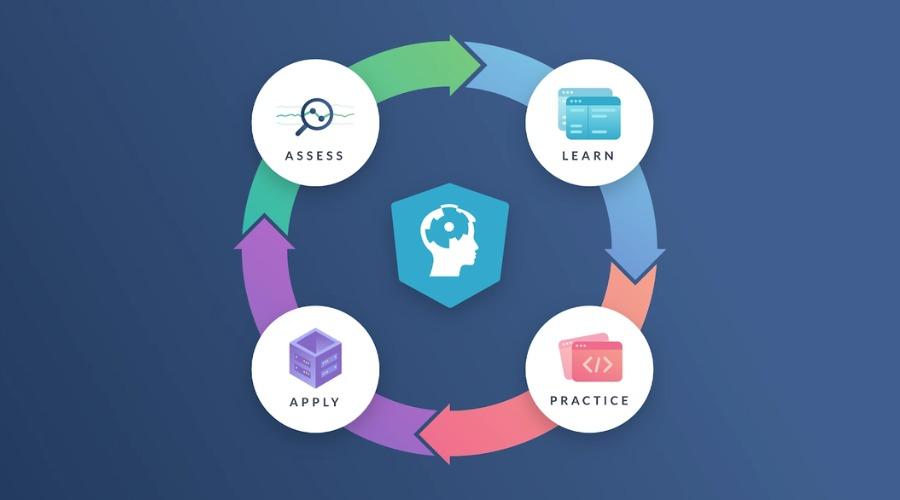
The SQL course on DataCamp is designed to cover a broad range of topics related to SQL. The course covers fundamental SQL concepts such as querying data from databases, filtering data, and sorting data. It also covers advanced topics such as joining tables, aggregating data, and working with subqueries. The course is structured in such a way that it progresses from basic to advanced topics, ensuring that learners have a solid foundation before moving on to more complex concepts.
Interactive Learning
The SQL course on DataCamp is designed to be interactive, allowing learners to get hands-on experience with SQL. The course provides learners with a SQL interface where they can practice writing SQL queries and see the results in real time. This hands-on experience is critical to developing a deep understanding of SQL, as learners can experiment with different SQL queries and see how they impact the data.
Flexible Learning
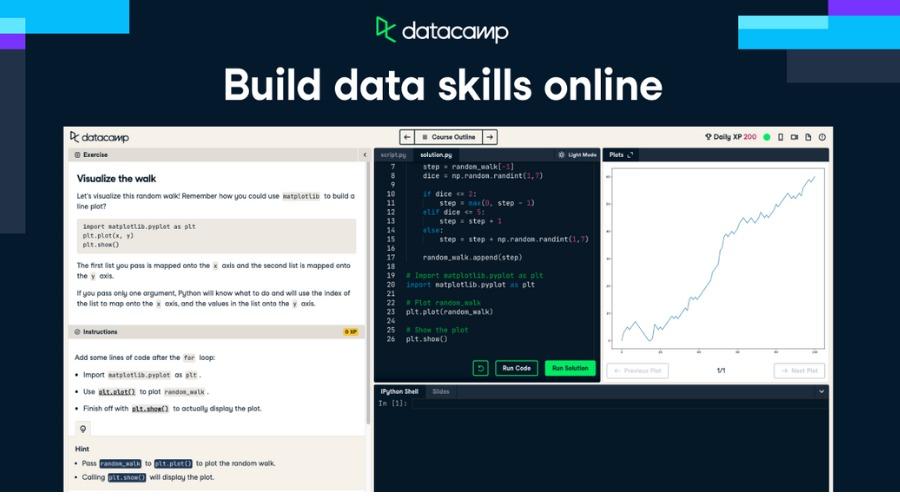
One of the advantages of taking the SQL course on DataCamp is the flexibility it offers. Learners can access the course from anywhere and at any time, as long as they have an internet connection. This flexibility is particularly beneficial for individuals who have busy schedules and cannot commit to a fixed learning schedule. Additionally, the course is self-paced, allowing learners to take their time and learn at their own pace.
Real-World Applications
The SQL course on DataCamp is designed to provide learners with practical skills that they can apply in real-world situations. The course includes case studies and examples that demonstrate how SQL is used in various industries, such as finance, healthcare, and retail. This real-world focus helps learners understand how SQL can be used to solve real problems and adds context to the concepts covered in the course.
Certification
Upon completion of the SQL course on DataCamp, learners receive a certificate of completion. This certificate is a valuable addition to a learner’s resume, demonstrating their proficiency in SQL. Employers recognize the value of certifications, and having a SQL certification from DataCamp can increase a learner’s chances of securing a job in the data analysis field.
Who Should Consider Taking the SQL Course
The SQL course offered by DataCamp is suitable for a wide range of learners, including:
- Data analysts who need to query and manipulate data in relational databases.
- Data scientists who need to use SQL for data analysis and reporting.
- Business analysts who need to generate reports and insights from data stored in relational databases.
- Anyone interested in learning SQL for personal or professional development.
Features of SQL course on DataCamp
To manage relational databases, programmers have adopted Structured Query Language (SQL). As the volume of data being generated across all industries continues to grow, the demand for SQL professionals has increased significantly. DataCamp offers an SQL course to help individuals acquire the necessary skills to work with databases.
Course Structure
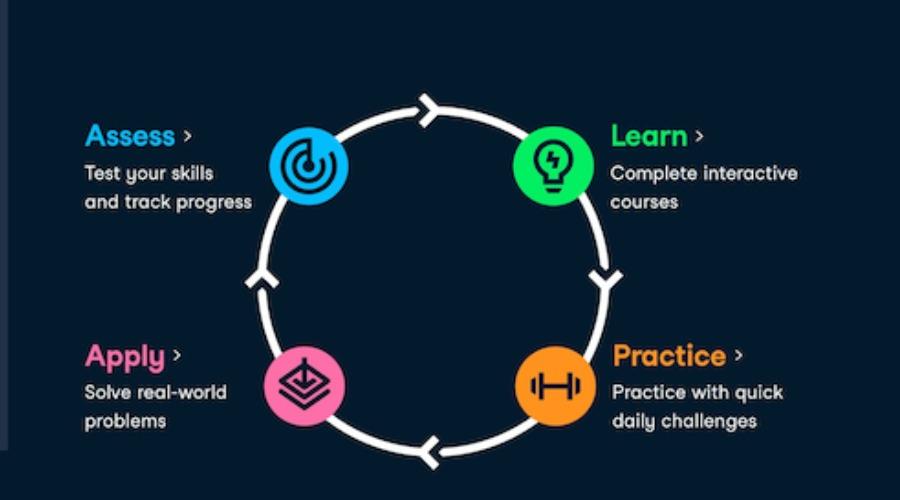
The SQL course on DataCamp is divided into several sections, each covering a specific topic related to SQL. The course begins with an introduction to SQL and its syntax. The subsequent sections cover topics such as querying data from a database, filtering data using WHERE clauses, sorting data, and aggregating data using functions like COUNT, AVG, MAX, and MIN.
The course also includes sections on joining tables, working with dates and times, and using subqueries to perform complex queries. The final section of the course covers advanced topics such as indexing, performance tuning, and stored procedures.
Interactive Learning
One of the unique features of the SQL course on DataCamp is its interactive learning environment. Users are presented with real-world scenarios and datasets, and they can practice writing SQL queries to retrieve and manipulate data. The course offers instant feedback and explanations for incorrect answers, which helps users learn from their mistakes.
Conclusion
Overall, the SQL course on DataCamp uses interactive coding exercises. These exercises allow learners to write SQL code directly in their web browser and get instant feedback on their code’s correctness and performance. This feature is particularly useful for learners who prefer hands-on learning and immediate feedback. For more information, visit Findwyse.






